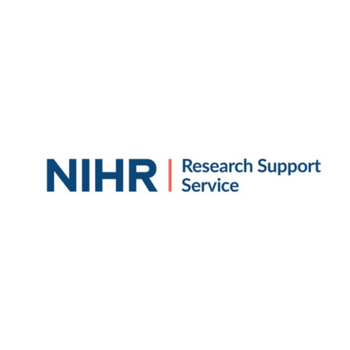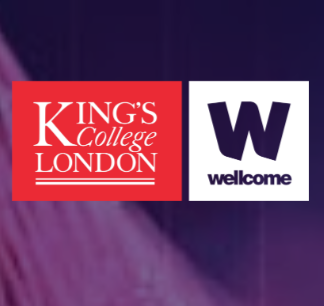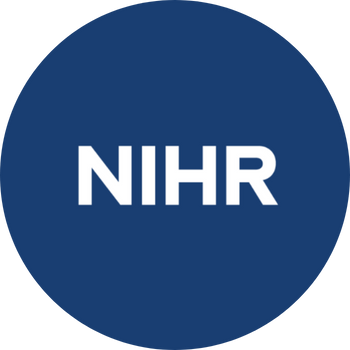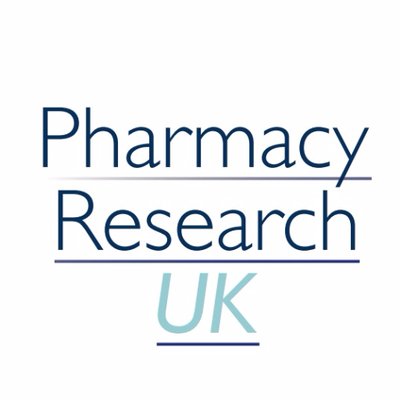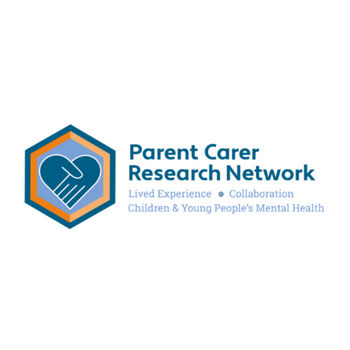NIHR RSS Online Grant Writing WorkshopNovember
06/11/2025 10:00 am → 06/11/2025 1:00 pm NIHR RSS Any; Early career; Starts in 1 day
Online
Are you an applied health or social care researcher with a project idea and thinking about applying for National Institute of Health and Care Research (NIHR) funding?
This exclusive event will give you expert guidance on your proposal from the NIHR Research Support Service (RSS). This is a great opportunity to connect with other researchers, share insights, and discuss your ideas in an interactive setting. The focus of the discussion will be intergrating being inclusive and involving public contributors in your planning in order to be able to implement a knowledge mobilisation plan that has impact on all those to whom your research relates to.
To help you prepare, all confirmed attendees will be sent a resource to guide you through key tasks for your proposal. Please set aside about an hour to review it beforehand so you can get the most out of the discussions.
Eligibility
This event is for anyone with an applied health or social care research idea who is has a research proposal in mind and is considering applying for National Institute of Health and Care Research (NIHR) funding, especially early career researchers and those who are less familiar with submitting a grant proposal to NIHR.
Before registering, please check your eligibility at the NIHR website.
Please note that spaces are limited. If you are not eligible for NIHR funding, your attendance may not be confirmed. Additionally, the Research Support Service does not support researchers applying to Global Health research programs.
If you have any questions or are unsure whether you should attend, please email nihr-rss@york.ac.uk.

